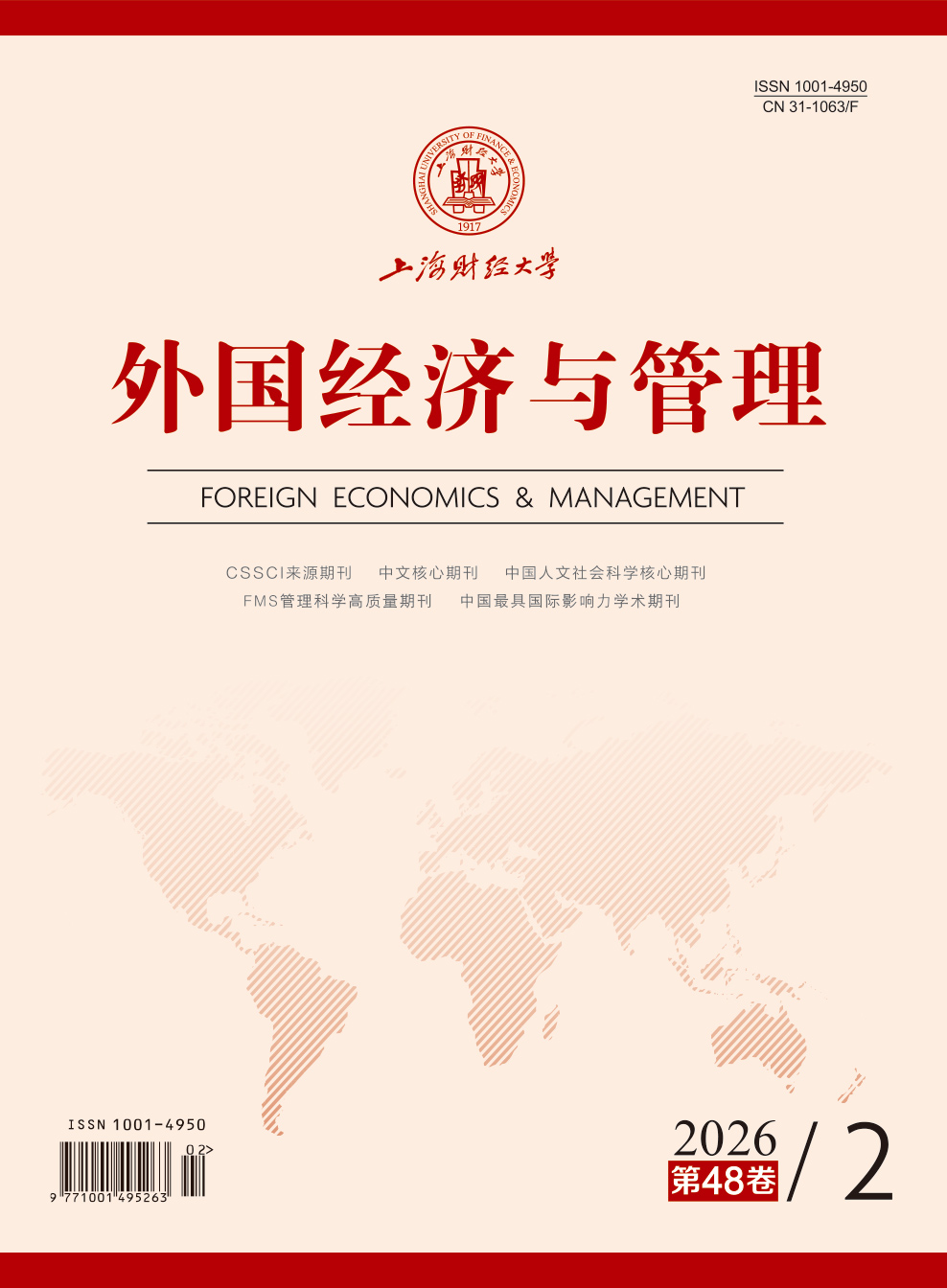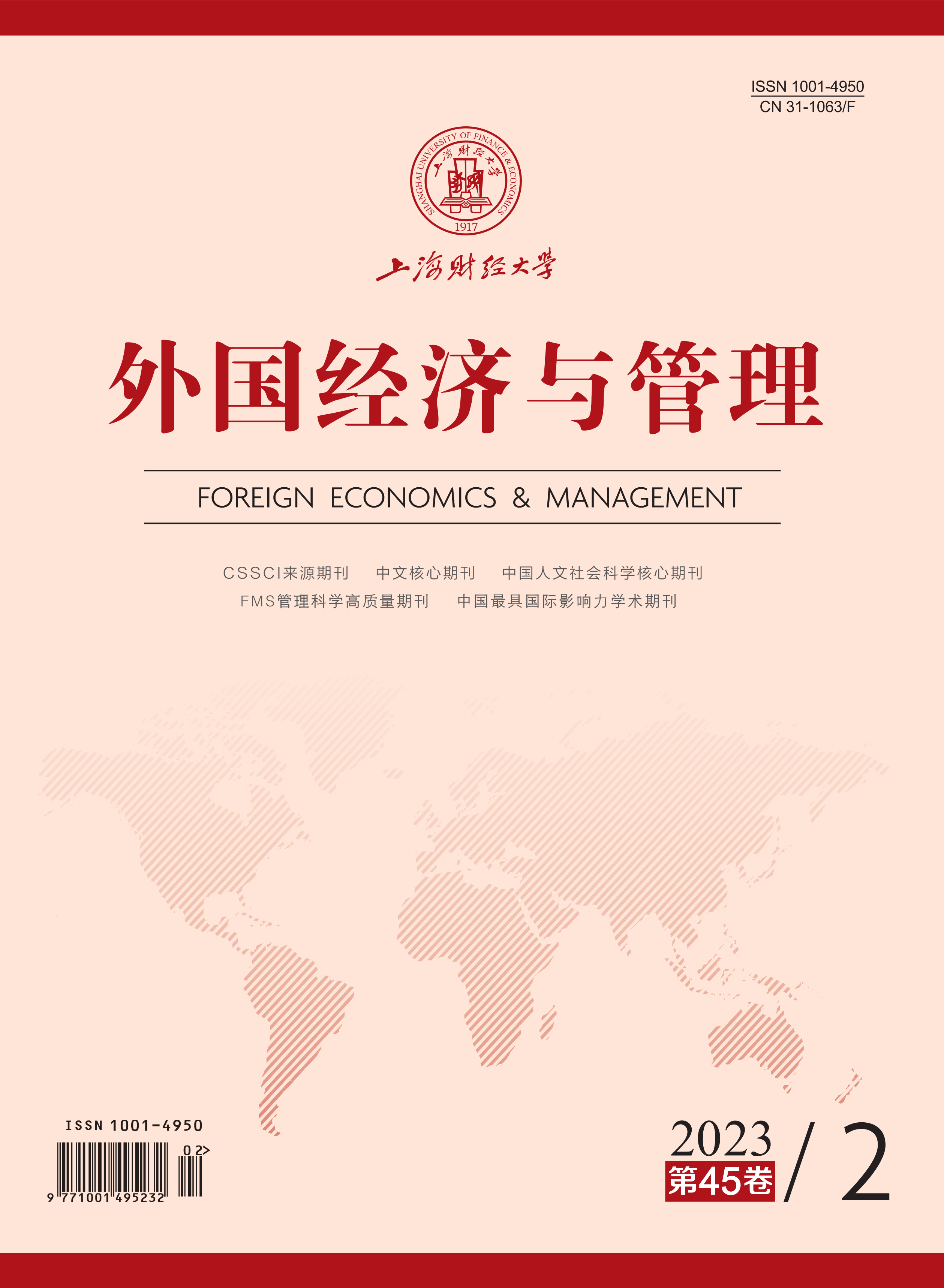As a pervasive phenomenon of social life, resource scarcity has an increasingly significant impact on consumer behavior. Resource scarcity is a subjective sense of having more needs than resources. Existing literature puts more focus on the negative consequences of resource scarcity and limited research investigates how to help consumers to cope with the unfavorable scene of resource scarcity, especially in unrelated consumption contexts. From the perspectives of decision-making confidence and resource scarcity, this paper tries to explore the impact of resource scarcity on green consumption behavior. In addition, it also examines the underlying mechanism as well as the moderating effect of perceived economic mobility.
Through a second-hand data analysis and two experimental studies, we demonstrate that resource scarcity can affect consumers’ preference for green products. Specifically, in Study 1, we used data from CGSS2013 for regression analysis, which preliminarily verified the research hypothesis. In Study 2 and Study 3, we conducted two experiments separately to verify the mediating role of decision-making confidence and the moderating role of perceived economic mobility. The results show that resource scarcity will significantly reduce consumers’ intention to purchase green products, which is because resource scarcity will increase consumers’ concern for their own interests. Compared with non-green products, consumers’ decision-making confidence when purchasing green products is relatively low, thus affecting subsequent product purchase intentions. Perceived economic mobility can mitigate the negative impact of resource scarcity on consumers’ preference for green products. When consumers believe that they are able to move up the economic ladder or change the unfavorable conditions, they can fight against the psychological threat caused by resource scarcity, improve the decision-making confidence when purchasing green products, and thus have a positive intention to purchase green products or services.
This paper makes the following contributions: First, it discusses the impact of resource scarcity on consumers’ preference for green products, which enriches the relevant research on green consumption. Second, from the perspective of decision-making psychological mechanism, it reveals the mediating role of decision-making confidence in the process of resource scarcity affecting consumers’ intention to purchase green products. Third, the regulation orientation theory of resource scarcity is introduced to discuss the positive role of perceived economic mobility in mitigating the negative impact of resource scarcity. Fourth, it integrates secondary data analysis and experiments to cover more diverse consumer groups, so that the research background is closer to real life.
The practical implications are as follows: First, when promoting green products with strong environmental protection attributes, enterprises can choose to create a perception of abundant resources in the consumption scene or meet consumers’ demand for scarce resources. Second, enterprises can transmit positive value-oriented information to consumers through social media platforms to increase consumers’ positive and optimistic attitude towards the future. Third, enterprises can also improve consumers’ decision-making confidence when purchasing green products through various channels such as product quality assurance and management certification system, so as to mitigate the negative impact of resource scarcity on consumers’ preference for green products.





 7212
7212  9621
9621

